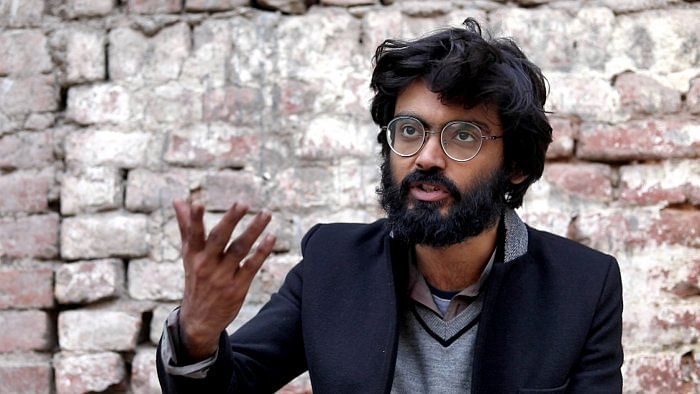
The discharge of 11 persons, including Sharjeel Imam, a former Jawaharlal Nehru University (JNU) student and activist, in cases related to the violence near Jamia Millia University in Delhi in December 2019 is, in effect, yet another indictment of Delhi Police and the political authority behind it. The Additional Sessions Judge of New Delhi Arul Varma not only acquitted them of all charges but made some scathing comments about the conduct of the police in the matter. The violence occurred when police attacked students and activists who were protesting against the Citizenship Amendment Act (CAA), 2019. The court found that there was no evidence to prove the involvement of the accused in case. It said that the prosecution did not place on record any communication or evidence to prove that the accused persons were in touch with each other to prove its charge that they were acting in concert or had entered into a conspiracy.
The findings and comments of the court make it clear that the police had deliberately implicated the accused persons in the case. It clearly said that the police “were unable to apprehend the actual perpetrators…but surely managed to rope the persons hereon as scapegoats”. There were many procedural faults also which were deliberately made. The judge said that the proceedings were initiated “in a perfunctory and cavalier fashion” and that the police’s conduct “does not augur well for the criminal justice system of the country”. The court also said that this type of police action was detrimental to the liberty of citizens and investigative agencies need to discern the difference between “dissent” and “insurrection”. It underlined the need to give dissent space because it is reflective of “something which pricks a citizen’s conscience” and so should be given a forum for expression in a democracy.
The court also mentioned a 2012 Supreme Court judgement to show the power disparity between the State, which is powerful, and ordinary individuals. It is not the first time that the courts have released people who were accused of serious crimes and made comments that indicted the police and upheld the citizen’s rights. The indictment is not only of the police but also of the political authority that prevailed on the police to act against protesters and invoke the most draconian laws against them. This was what happened in the case of anti-CAA protests and in many other cases. The court rightly noted that the degeneration of policing standards, as seen in the case, does not augur well for individual rights in the country. The scenes of Delhi Police barging into the Jamia Millia campus and mercilessly assaulting students on the night of December 15, 2019, must not be forgotten.